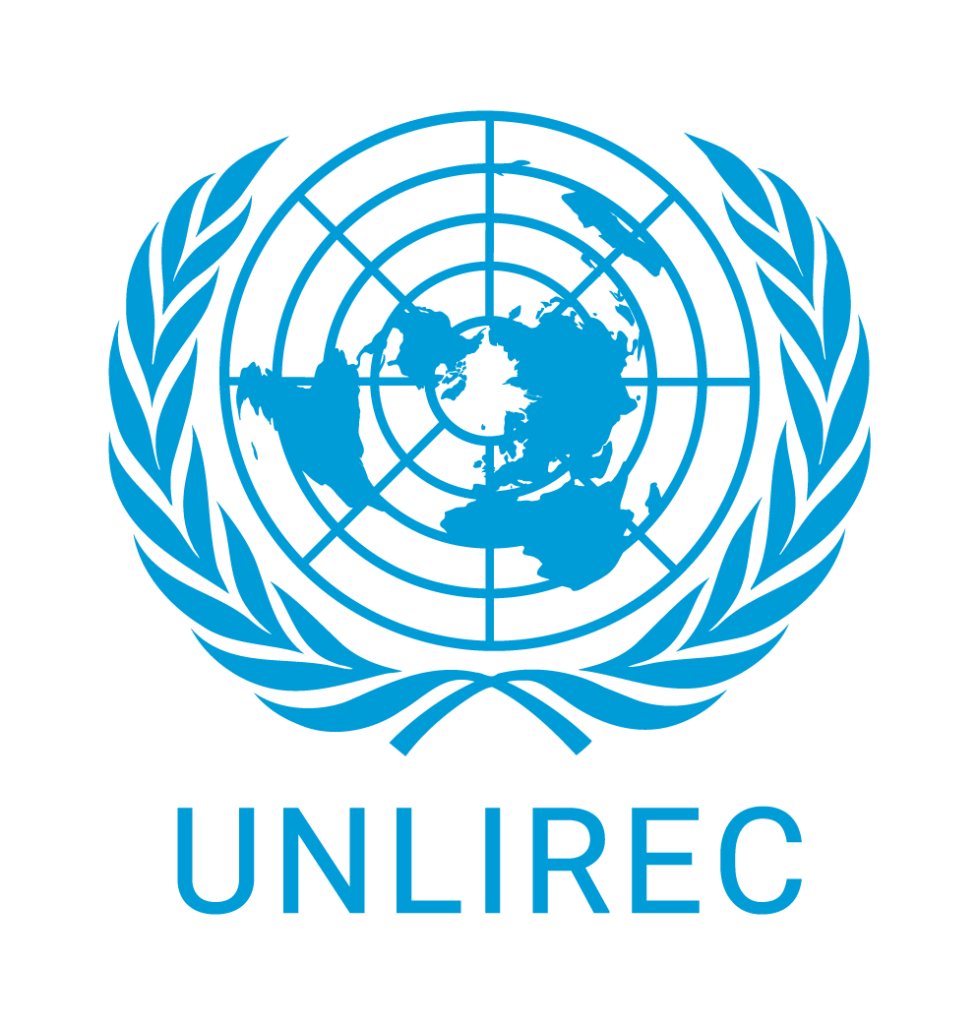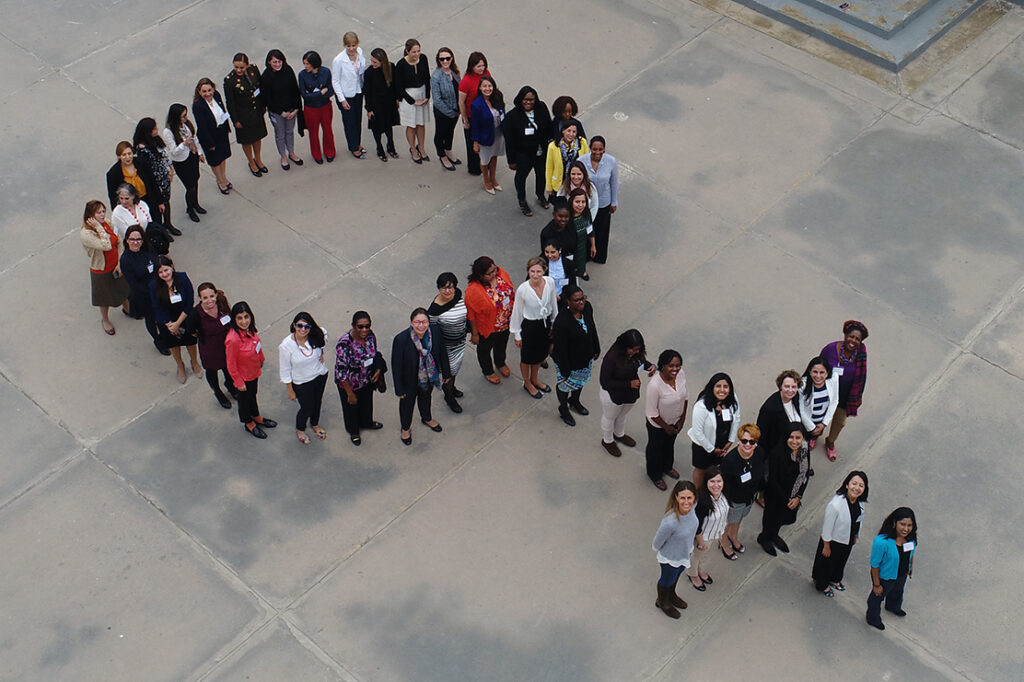Ahead of the 4th Review Conference of the UN Programme of Action on Small Arms and Light Weapons (PoA) and the 10th Conference of State Parties to the Arms Trade Treaty (ATT), this joint event with the UN Regional Centre for Peace, Disarmament and Development in Latin America and the Caribbean (UNLIREC) provided an opportunity to hear from experts about the latest research and trends on gender-responsive arms control.
It served as a forum for sharing best practices from the Latin America and the Caribbean Region as well as ideas for action to sustain momentum and ensure that gender-related topics remain a priority in multilateral arms control discussions. Importantly, the event also provided a platform to discuss the effective integration of gender-responsive actions into national arms control policies, legal frameworks, programmes and national action plans.
This event formed part UNIDIR’s 2024 Regional Briefing Series on Gender in the UN PoA and ATT.
Event Recording
Speakers
Welcoming Remarks:
- Soledad Urruela, Director, UNLIREC
Expert Presentations
- Mercedes Allerbon, Project Adviser, UNLIREC
- Hana Salama, Researcher, UNIDIR
- Grisselle Rodriguez, Counselor, Permanent Mission of Panama to the United Nations and other International Organizations
- Diego Sánchez Moreno, Advisor, Secretaría de Relaciones Exteriores de México
- Carolina Ricardo, Executive Director Sou da Paz
- Asiya S. Mohammed, Executive Director of Conflict Women, Ltd.
Event moderated by Dr. Renata Hessmann Dalaqua, Head of the Gender and Disarmament Programme, UNIDIR
When and Where
Thursday, 9 May 2024 | 9:00 to 10:45 (Lima time) / 16:00 to 17:45 (Geneva time) | Online, via Zoom
Language
The event was held in English, Portuguese, and Spanish, with simultaneous interpretation into the three languages.
Participants
UNIDIR and UNLIREC encouraged the participation of government officials, diplomats, civil society organizations and experts from the Latin American and Caribbean Region.

